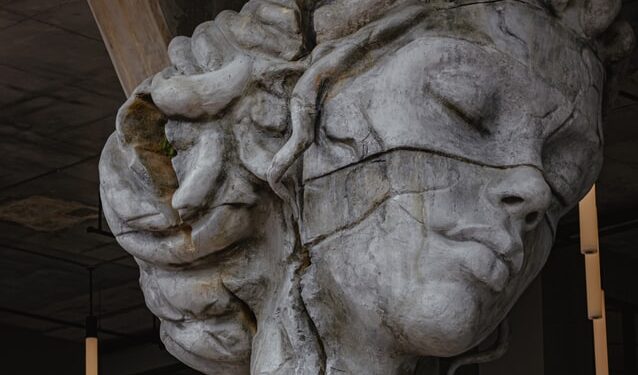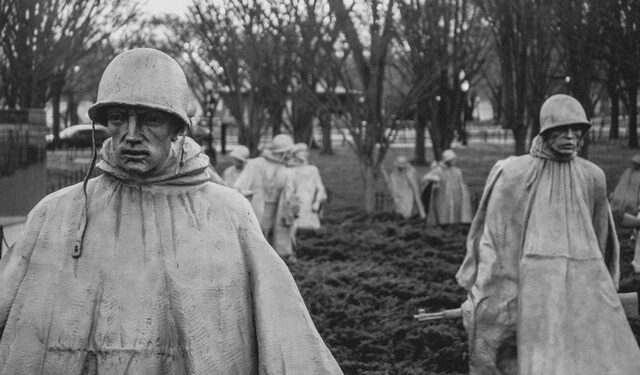
Resilience and true grit (Part 1)
I am just a physician who has spent 20+ years in the ER, had a few leadership roles along the way (which makes for a mildly robust LinkedIn profile), and nurtured some wisdom too. I think that is enough.

I am just a physician who has spent 20+ years in the ER, had a few leadership roles along the way (which makes for a mildly robust LinkedIn profile), and nurtured some wisdom too. I think that is enough.

After burning out, I learned that chasing a perfect 50/50 work-life balance is unrealistic—especially in medicine. Instead, I now embrace asymmetric balance, where some days work wins, and others, life does.

Psychological safety, defined as a shared belief that the team is safe for interpersonal risk-taking, is a critical component of effective healthcare delivery. Yet, numerous reports and studies indicate that a lack of psychological safety persists in many healthcare settings, leading to adverse outcomes for both patients and providers.

The cost of physician burnout and mental illness extends beyond individual suffering; it significantly impacts healthcare organizations’ financial health. Yet investing in mental health support for physicians yields significant returns.

Despite the availability of traditional support systems like Employee Assistance Programs (EAPs) and institutional wellness initiatives, a significant number of physicians continue to grapple with burnout, depression, and other mental health challenges. This disconnect prompts a critical examination of why these support structures often fall short for those in the medical profession.

In the corridors of our hospitals and clinics, a silent crisis persists—one that affects not only the well-being of our physicians but also the quality of care provided to patients.

When an institution signs up with us during the month of May, we will provide three months of free institutional access to our anonymous meetings from June through September.

Research suggesting low rates of help-seeking behavior among physicians. Yet an encouraging recent study showed that some 70% of physicians would engage with a professional coach. We argue that this openness to coaching provides a much-needed support system and a potential solution to the current pandemic of physician burnout and suicide.

In this article, we examine the evidence base for physician coaching and wellbeing, how to find a good coach, and how to tell if they’re right for you. We also note a caveat around the need for systemic change – a white coat revolution if you will – to address the underlying toxicity of modern medicine causing so much physician distress, burnout, and moral injury.

There is clearly no quick fix to the underlying causes of moral injury in healthcare. This is not a war where a ceasefire can be declared.
So, how do we try to move from the collective moral injury experience of physicians to a systematic change in the structure of medical practice?

“Front-line”, “battle”, “the trenches”. These terms are all too familiar when talking about modern medicine. Why are we referencing war when we should be talking about healing?

The Japanese concept of Wabi Sabi beautifully captures the essence of life: appreciating the imperfect, the impermanent, and the incomplete. It reminds us to cherish the journey, with all its ups and downs – especially in medicine – instead of obsessing over destinations or goals.